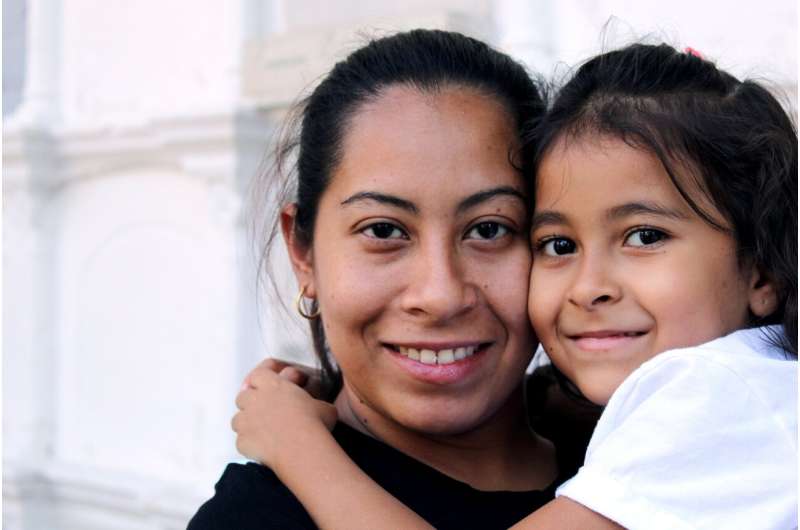Innovative VR and AR Technologies Enhance Stress Management Practice in Realistic Settings

Recent advancements in virtual reality (VR) and augmented reality (AR) are transforming mental health interventions by providing immersive simulations that help users practice stress and anxiety management strategies in lifelike scenarios. Researchers at Carnegie Mellon University, led by graduate student Anna Fang, are developing and studying VR/AR tools designed to simulate common stress-inducing situations such as public speaking, social gatherings, and interpersonal conflicts. These simulations aim to serve as modern exposure therapy, enabling users to rehearse self-care techniques in controlled yet realistic environments.
The team created multiple prototypes incorporating various interaction levels, including avatars that respond dynamically or remain silent, and integrated features like dialog systems powered by large language models. Users can initiate relaxation techniques—such as breathing exercises, body scanning, and grounding practices—embedded within the virtual scenarios, allowing for personalized practice tailored to their comfort levels.
Participants reported that the virtual environments felt authentic and useful in increasing self-awareness and skill development. They appreciated having the flexibility to control when guidance appears and to practice in different real-world settings—at home, in classrooms, or workplaces—to better prepare for actual stressful encounters.
The future vision is to develop a full-fidelity, portable application that can be accessed via app stores, with enhancements like more realistic avatars and further natural language capabilities. These innovations aim to make stress management training more accessible, effective, and adaptable to individual needs.
Overall, this research highlights the potential of VR and AR to complement traditional mental health strategies, offering practical tools for learning and applying self-care skills that could significantly improve emotional resilience and well-being.
Source: https://medicalxpress.com/news/2025-04-vr-ar-simulations-users-stress.html
Stay Updated with Mia's Feed
Get the latest health & wellness insights delivered straight to your inbox.
Related Articles
Mental Health Disparities Among American Indian and Alaska Native Groups in California
A new study reveals significant mental health disparities among American Indian and Alaska Native subgroups in California, highlighting urgent needs for culturally tailored care and systemic change.
Elevated Emotional Challenges for Neurodivergent Adolescents at School
Neurodivergent adolescents face twice the emotional burden from negative school experiences, increasing their risk of depression and anxiety. New research emphasizes the importance of supportive, neurodiversity-informed school environments.
Decrease in Mental Health Scores Associated with Primary Open-Angle Glaucoma Diagnosis
A recent study reveals that diagnosis of primary open-angle glaucoma can lead to significant declines in patients' mental health, highlighting the need for psychological support in glaucoma care.



